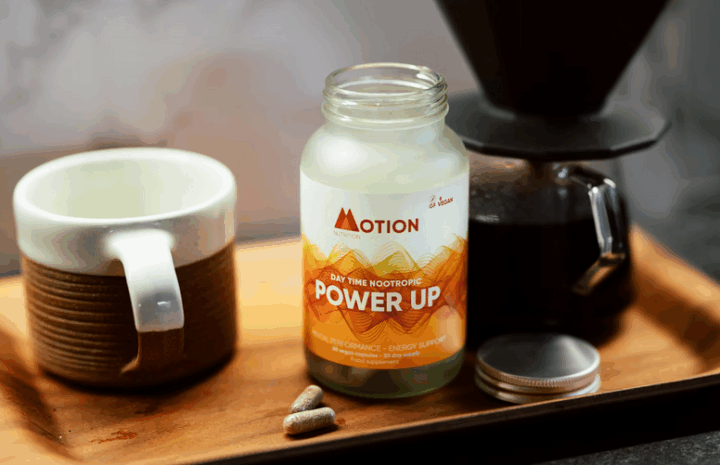The pursuit of peak mental performance has fueled a growing interest in nootropics—substances known to support memory, focus, and mental clarity. While flashy new ingredients are constantly hitting the market, cognitive enhancement is not a magic trick conjured by the most obscure compound. Instead, the most effective results often come from reliable, science-backed building blocks that support brain health at its core. If you’re seeking a smart way to enhance focus and memory, it’s worth understanding why this supplement may boost cognition, especially when the foundation includes well-researched nutrients like DHA, uridine, and choline. These essentials quietly outperform the trendy, exotic alternatives in more ways than one.
Stronger Cellular Structures
Every thought, memory, and emotion you experience relies on healthy brain cells and communication between neurons. The body requires structural raw materials to maintain these cells—and that’s where foundational nootropics shine. Compounds like DHA (an omega-3 fatty acid), uridine, and choline support the creation of phospholipids, which are crucial for neuronal membrane integrity and synaptic plasticity. Unlike experimental compounds with unclear long-term effects, foundational ingredients have been rigorously studied for decades. These nutrients don’t try to hack brain function; they support the biological processes that keep the mind sharp, responsive, and capable. Without them, even the most potent cognitive enhancers may fall flat.
Enhanced Synaptic Efficiency

Communication between neurons happens at synapses—tiny gaps where neurotransmitters carry messages. For optimal mental performance, you need more than an occasional spark. Foundational nootropics like uridine have been shown to promote synaptic formation and function, laying the groundwork for more sustainable and measurable mental clarity. Rather than relying on exotic substances that may only affect the surface of mental performance, compounds such as triacetyluridine, alpha-GPC (a choline source), and DHA aim deeper. They help create and maintain the physical network where thoughts are processed and stored. These are the building blocks that any cognitive improvement strategy should be rooted in.
Naturally Supported Dopamine Sensitivity
Mood, motivation, and alertness are closely tied to dopamine—a neurotransmitter that affects how you experience pleasure and focus. Many high-stimulation nootropics work by flooding the brain with dopamine-like activity, which can lead to tolerance or crashes. Foundational ingredients, however, support dopamine function more organically. Uridine, for instance, has been associated with improved dopamine receptor density, allowing the brain to respond more efficiently to natural stimuli—including caffeine and exercise. This translates to better results with lower inputs, making foundational stacks an intelligent alternative to high-impact synthetic compounds that may come with drawbacks.
Synergistic Effects With Other Nutrients

One of the overlooked benefits of foundational nootropics is how well they work with other supplements and nutrients. A well-formulated stack doesn’t rely on one “super ingredient” to do all the work. Instead, it offers synergy, where multiple components combine for amplified results. Take OmegaTAU, for example—a product that combines DHA, triacetyluridine, alpha-GPC, vitamin E, sesamin, and folate. This thoughtful blend not only covers structural brain support but also supports neurotransmitter activity and antioxidant defense. The result is a balanced formula that delivers steady, predictable enhancement, as opposed to a rollercoaster of effects often associated with more exotic stacks.
Safe and Sustainable Cognitive Health
One of the major pitfalls of newer, exotic compounds is the lack of long-term research. Foundational nootropics like those found in OmegaTAU have the benefit of years of scientific backing and safe human use. DHA and choline are essential nutrients found in food; their supplementation is not just safe—it’s often necessary. In contrast, the newest nootropic trend may look promising, but it often lacks proper evaluation. If brain health is your long game, it makes more sense to invest in ingredients that have a proven track record. Foundational compounds support both immediate benefits and long-term neurological health—a combination that is hard to beat.…





